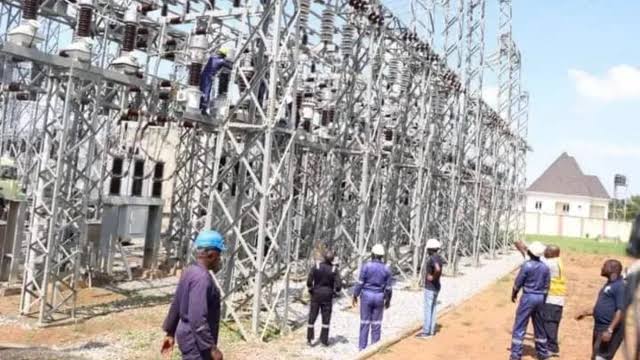
Critics have quickly raised concerns about President Bola Tinubu’s ambitious energy reforms, deeming them potentially hazardous to Nigeria’s economic stability. Yet, underlying this skepticism is a strategic framework that is gradually reshaping the country’s oil and gas sector while drawing in unprecedented levels of international investment.
The recent $10 billion commitment from Exxon Mobil Corp for Nigeria’s offshore oil ventures has sparked considerable discussion. Opponents claim it is overly dependent on foreign investment, but the reality tells a different story. The deep-water Owo project, which involves an annual investment of $2.5 billion, is projected to increase oil production by an additional 50,000 barrels per day. This investment underscores the attractiveness of Nigeria’s reformed oil industry and indicates a resurgence of global confidence in its prospects.
At the same time, the long-awaited launch of the Dangote refinery, now scheduled for October 2024, has drawn scrutiny. While critics point to the delays, the refinery’s ability to produce petrol domestically is already reducing reliance on imported fuel. This transition not only helps stabilize prices but also enhances Nigeria’s economic resilience. Can the delay be seen as a setback, or is it a crucial part of a long-term strategy that is beginning to show positive outcomes?
The AKK Natural Gas Pipeline, which is approaching completion and is expected to be operational by early 2025, has also encountered skepticism. Concerns regarding project timelines and potential cost overruns have raised doubts. Nevertheless, once it becomes operational, this 614-kilometer pipeline is set to transform Nigeria’s energy distribution, invigorating industries and altering economic dynamics. Is it a gamble? Perhaps. Yet, it also holds the potential for substantial national benefits.
The LNG Train 7 project has come under scrutiny for its size and timeline. However, with an anticipated 35% boost in liquefied natural gas production, Nigeria is establishing itself as a significant player in the global energy market. This strategic growth alleviates concerns about stagnation and underscores the nation’s dedication to fulfilling international energy needs.
One of the most debated actions has been the elimination of fuel subsidies. Critics have cautioned that this could trigger a fuel crisis and provoke public dissent. The immediate rise in petrol prices was indeed challenging. Nevertheless, the government’s push for the adoption of compressed natural gas (CNG) reflects a visionary approach. The aim to convert over a million vehicles within three years is not only a reaction to rising petrol prices but also an environmentally responsible initiative that has the potential to transform transportation in Nigeria.
See more: Expo Osaka 2025: Togo prepares its participation
Despite ongoing skepticism regarding the speed and effectiveness of these reforms, the outcomes are evident. Nigeria is not simply coping with these changes; it is strategically positioning itself for enduring economic resilience. What some may perceive as risky ventures are, in fact, well-considered measures aimed at fostering sustainable growth and enhancing global relevance.
Amidst controversy and uncertainty, President Tinubu’s energy policy could mark a pivotal moment in Nigeria’s economic narrative. The lingering question is whether history will regard it as a gamble or a strategic triumph.



